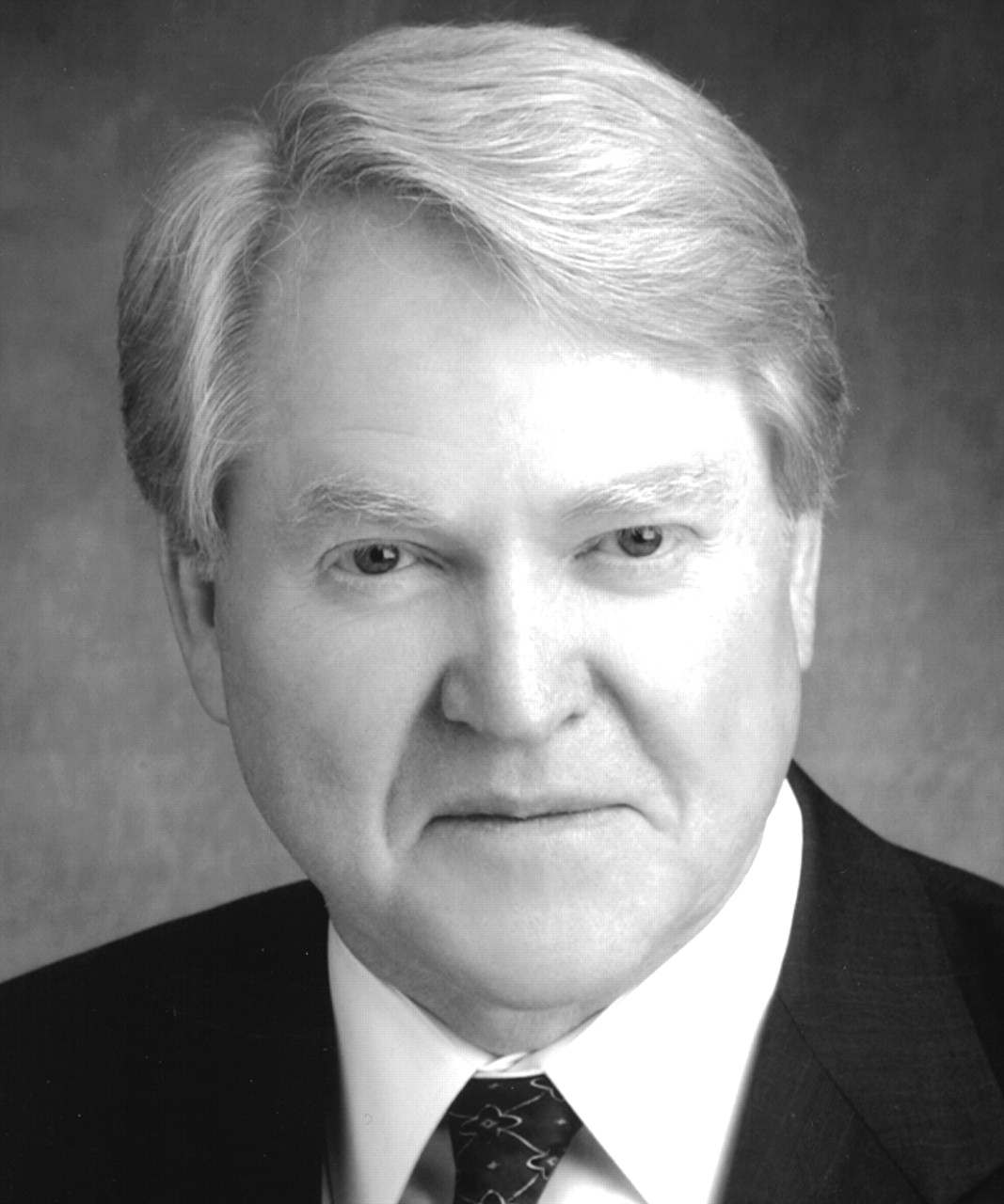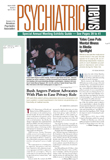Biographical Statement
Fascinated by my psychiatrist father’s wall of books and his late-night dinner conversations with my artist mother about the encounters of the day’s practice, it was determined in the genes and the kitchen that I become a psychiatrist. Medical-schooled at the University of Utah, my professional path was diverted five years by church service in Germany, a public health project in Greece, moonlighting as an obstetrical extern, and defending or offending us, depending on perspective, from the back seat of an F-105 as a flight surgeon during the Vietnam War.
The beauty of my career choice is that it allows me to be a philosopher, biographer, theologian, and teacher and still doctor patients. My mentors at the University of Pennsylvania exemplified the above, among them Stunkard, Beck, Luborsky, Brady, Minuchin, and Sadoff.
I have been practicing adult inpatient and outpatient psychiatry for 25 years in a large, private multispecialty group recently bought by Intermountain Health Care, a not-for-profit organization now recognized as the best vertically integrated system in the nation. The reputation is close to deserved.
My patients receive pharmacotherapy, psychotherapy, and sometimes electroconvulsive therapy, and my inpatients a hospital visit from me seven days a week. My workweeks are extended by forensic practice, “professing” on the clinical faculty of the University of Utah, and occasional examining for the ABPN. Professional society and community service includes testifying on matters mental before the state legislature and lecturing often to professional and civic groups, including the newspaper readership and the audience of the 10 o’clock news.
My life is enriched by my violin-teacher wife and three musician children, who form a beautiful string quartet, and an oldest son soon to head west from the University of Virginia School of Medicine with wife and baby to begin a psychiatry residency, extending the Moench psychiatry legacy three generations, maybe four.
Candidacy Statement
Ten years ago, after serving with considerable activism as president of my district branch and representative to the Assembly, I was asked by the Nominating Committee to be a candidate for speaker. I wisely turned them down. My name turned up again this year, and I consented—a more informed consent after 10 additional years of experience—because I see an opportunity to give back to my profession some measure of recompense for what APA gives my patients and me.
I have counseled with the Area 7 Council eight years as Area representative and deputy, executed with the Assembly Executive Committee, planned with the Committee on Planning, and proceeded with the Committee on Procedures, for six years as chair, to make innovations in the Assembly and hence the Procedural Code.
Beyond governance, my work has been mainly with components producing work products—the Committee on Psychiatric Diagnosis and Assessment (produces and revises the DSM and keeps us in the forefront of nosology), the Steering Committee on Practice Guidelines (11 so far and available this May in one bound volume), the Committee on Electroconvulsive Therapy (generated the definitive volume of ECT practice recommendations and now oversees TMS and VNS), and the Practice Research Network (finds and publishes what psychiatrists in the field do, not just what is done in ivory towers).
Such products benefit not only psychiatry but all mental health disciplines, and not just in the United States and Canada but worldwide.
I favor strengthening and funding those components that create products. These are a few of the myriad ways in which APA has bettered our practice and the mental health of millions. We have been and must remain the bearers of the world standard.
Nevertheless, we are facing crises from without. We and our patients have never been embattled more by economic discrimination; by unreasonable limits to access, type, and extent of care; by challenges to privacy in electronic record keeping; and by expansion of scope of practice by legislative fiat rather than training. Many psychiatrists don’t realize that conditions would be more ominous in each of these areas had we not had a vigorous APA intervening. (We would, for example, have psychologists’ prescriptive practice in half a dozen states, not just New Mexico.)
And we are facing crises from within. We lack ability to intervene decisively, rapidly, and effectively as an organization due in part to the disappearing of members and revenue. Too much decision making has shifted from peripheral to central when the fires burn in the states.
We have all but pulled the plug on our state legislative structure. A major reorganization is called for, one that will carefully sift the many activities we could be and have been involved in to assure maximum value for effort and dollar and inspire those psychiatrists not with us to get on board.
How to do this? I don’t know! It is not the job of the speaker to know. But all of us together know. I have ideas. You all have ideas. Some are even good ones. It is the job of the speaker to foster your ideas, to enable your expressing them, to make all of you speakers, and when you have spoken, to recognize the best answers and synthesize them into actions. When the Assembly has decided, the speaker speaks vigorously to the Joint Reference Committee, president, Board of Trustees, medical director, and whoever must hear the will of psychiatrists everywhere through their elective representatives. I can speak for you, and if you support me with your vote, I will. ▪

